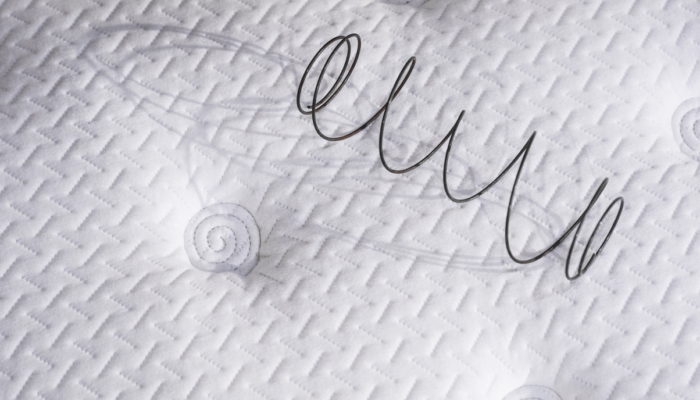Florida law allows you to hold designers, manufacturers, suppliers, retailers, distributors, and others liable for the injuries you sustain from their products. Florida also allows family members to file a claim and collect compensation on behalf of a loved one who died in an incident caused by a defective or dangerous product. This area of law is known as Products Liability or Product Liability. It is where certain groups who make products available to the public are held responsible for the injuries and/or damages those products cause.
Defective products can range from items you would expect to be dangerous to those usually considered harmless. These items can include heavy machinery, cars, clothes, batteries, pharmaceutical drugs, firearms, elevators, and even children’s toys. The fact of the matter is that, if it is a product you can buy and a defect leads to serious consequences, liability can result.
If you have suffered personal injuries from a defective product, it can be difficult to know who is ultimately responsible. If all you did was buy a product at a store, is it your fault for buying it, is it the store’s fault for selling it or is the product’s company at fault for creating or manufacturing it? There are essentially three (3) categories of responsibility: design, manufacturing, and marketing.
Design defects occur when a product is inadequately planned in such a way as to pose unreasonable hazards to product users. The underlying basis for this theory of defect is that the product manufacturer should have adopted a design that would have reduced the risk of accidental injury. When a product has a design defect, the plaintiff or victim primarily sues because of negligence or strict liability. The negligence cause of action will allege that the manufacturer knew or should have known of the risk associated with the design.
Manufacturing defects are ones that were not intended in the design but can come along as a result of production. This kind of defect occurs when a product departs from its intended design and is more dangerous than consumers expect the product to be. These could be widespread defects or ones that only end up happening to a single product in a line of millions. Manufacturing defects include incorrectly attached parts, improperly installed electrical circuits, improperly manufactured plastic or material and incorrect bolts or fasteners, among others. If you suffered a personal injury because of an unintended missing or added part, that may be a manufacturing defect.
Marketing defects typically stem from failing to warn or explain elements of a product that are potentially dangerous. It occurs when a product has inadequate warnings or instructions regarding its proper use. The manufacturer of a product has a duty to warn its users of dangers that are not obvious. For instance, if a drug or medication does not contain a warning that it should not be taken in combination with another drug, that is a marketing defect. If you were to unknowingly take that it alongside another, you could suffer damages or personal injuries. One of the most famous cases involving a marketing defect is the “Big Tobacco†lawsuits of the 1990’s. The issue at the heart of these lawsuits was that tobacco companies knew their products were addictive and caused lung cancer, but they did nothing to disclose or warn consumers of those known risks. One of the consequences of the Big Tobacco litigation was requiring companies to put clear warning labels on cigarette cartons.
For all these types of defects, you can choose whether to file a lawsuit for yourself or for a larger community affected (i.e., class action). For instance, if you purchased a product that failed after one month of use due to a design defect, and it happened to others, you might have a case involving a class action lawsuit against the responsible business. If you won or favorably settled the lawsuit, everyone who had purchased that same product would share in the recovery of the settlement for said class. However, often, personal injury cases are personal to the individual victim who suffered the damages.
Some product defects can seem innocuous, imprudent, pointless, or frustrating, but if you are injured by them, you should contact a lawyer to discuss your rights and options. If you have been injured as the result of a defective product, CALL CASERTA & SPIRITI immediately.

